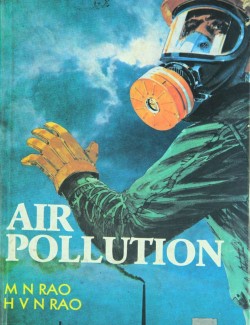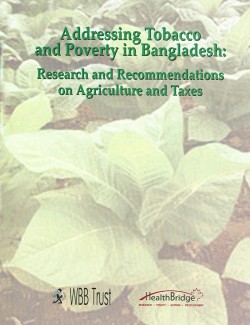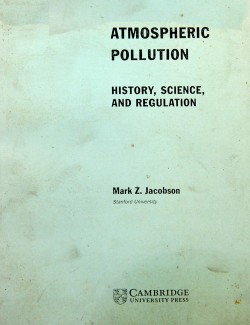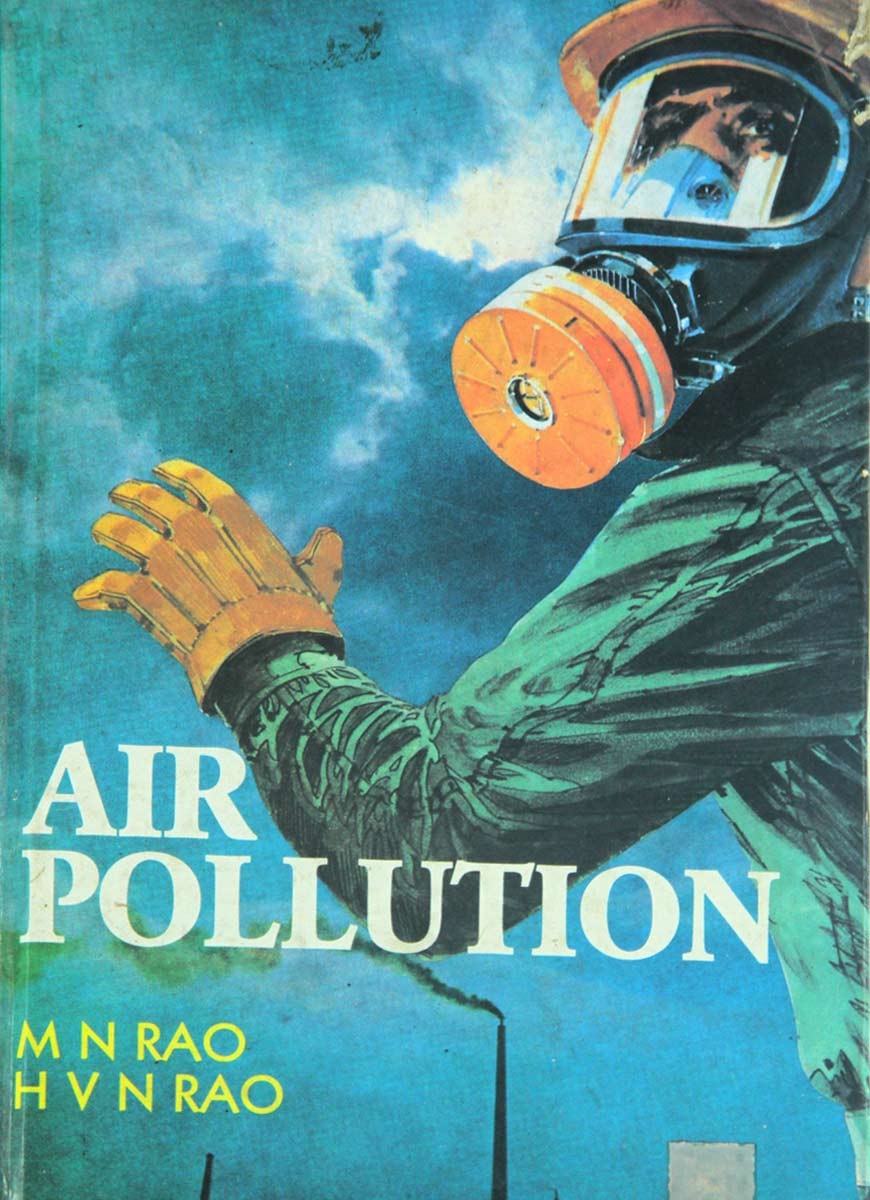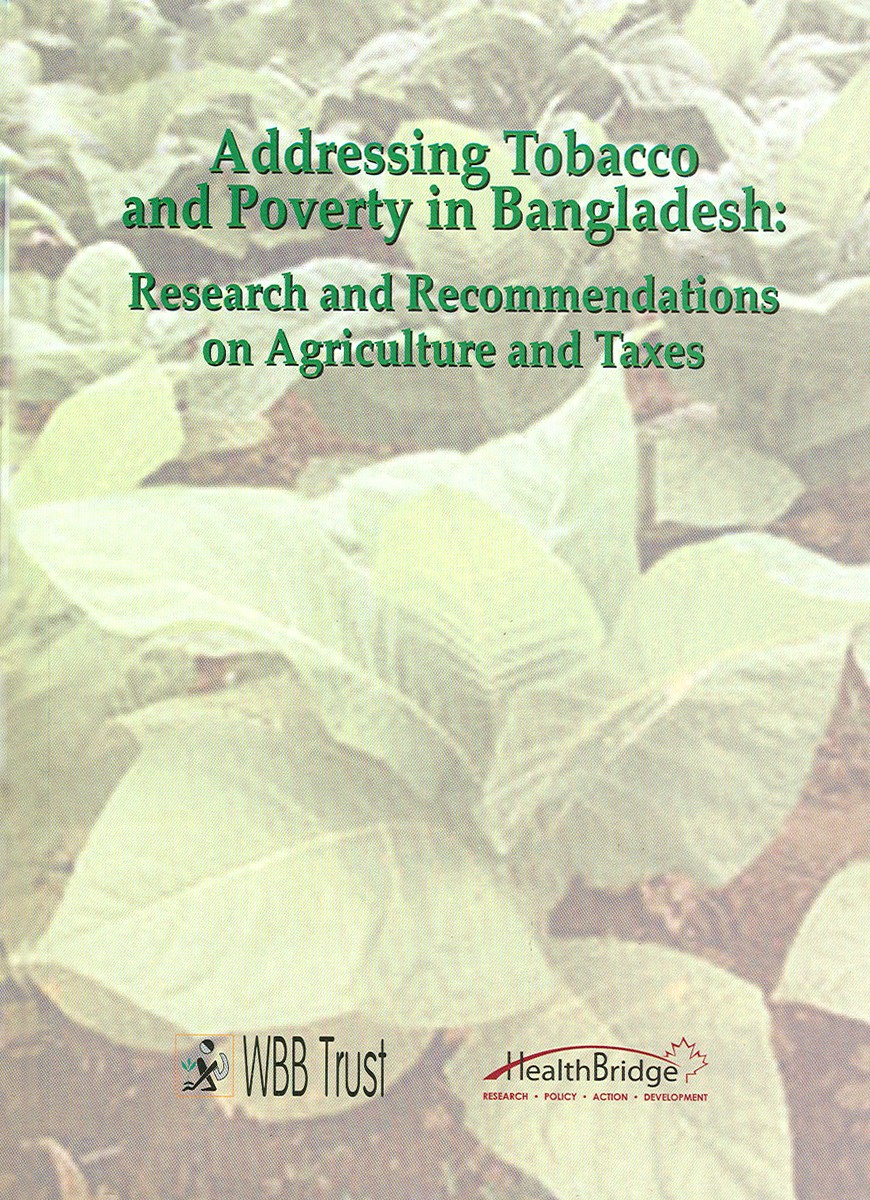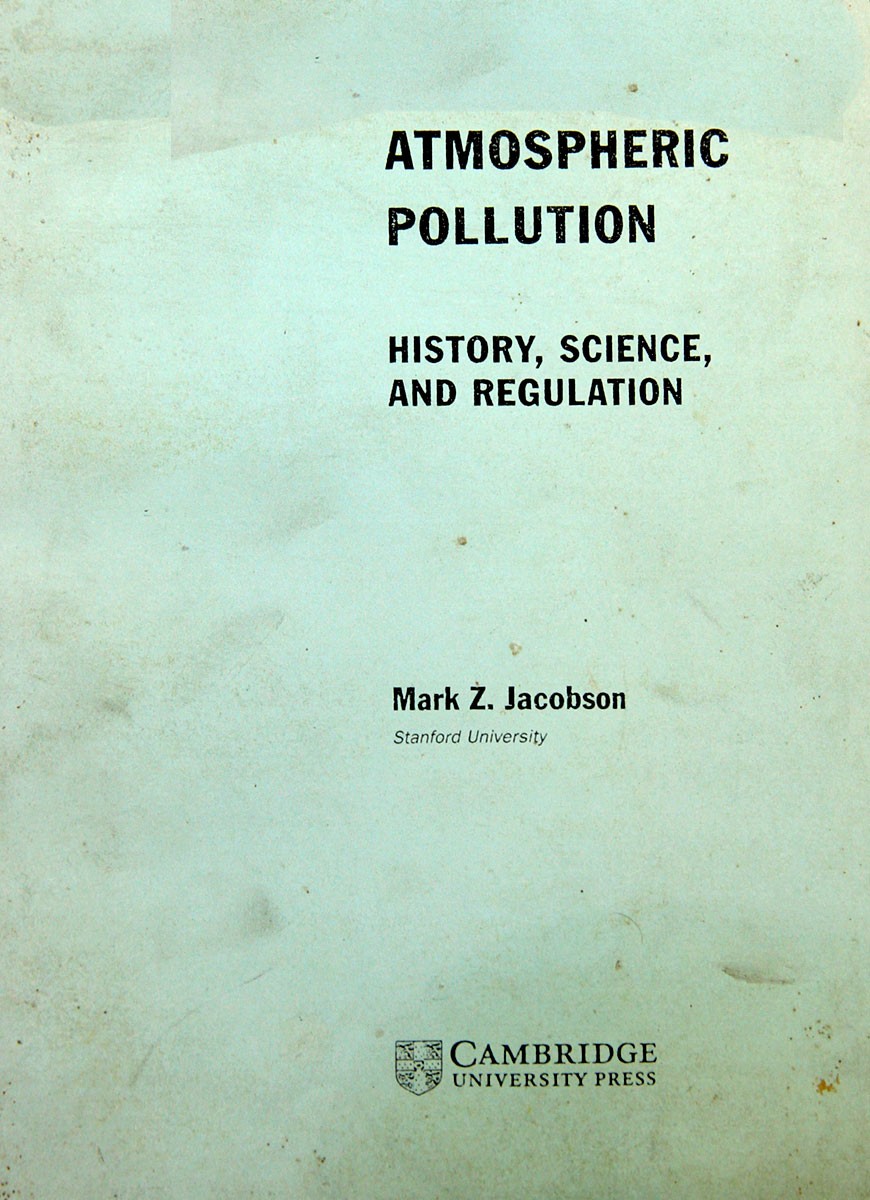The atmosphere, which makes up the largest fraction of the biosphere, is a dynamic system that continuously absorbs a wide range of solids, liquids, and gases from both natural and man-made sources. These substances travel through air, disperse, and react with one another and with other substances both physically and chemically. Most of these constituents, eventually find their way into a depository such as the ocean, or to a receptor such as man. Some substances such as helium, however, escape from the biosphere. Others such as carbon dioxide, may enter the atmosphere faster than they enter a reservoir and thus gradually accumulate in the air. Clean, dry air contains 78.09% nitrogen by volume and 20.94% oxygen. The remaining 0.97% is composed of a gaseous mixture of carbon dioxide, helium, argon, krypton, nitrous oxide and xenon, as well as very small amounts of some other organic and inorganic gases whose amount in the atmosphere vary with time and place. Various amounts of contaminants continuously enter the atmosphere through both natural and man-made processes that exist upon the earth. That portion of these substances which interacts with the environment to cause toxicity, disease, aesthetic distress, physiological effects or environmental decay, has been labelled by man as a 'pollutant'. In general, the actions of people are the primary cause of pollution and as the population increases, the attendant pollution problems also increase proportionately. The first significant change in man's effect on nature came with his discovery of fire. Prehistoric man built a fire in his cave for cooking, heating, and to provide light. The problem of air pollution came into existence at this time. The British Parliament passed an Act in 1273, forbidding the burning of coal in London because it was beginning to choke the atmosphere. In 1300, King Edward I issued a royal proclamation, "Whosoever shall be found guilty of burning coal shall suffer the loss of his head." In 1306, a man was executed for violating this regulation. Later, the lay., fell into disuse as the industrial revolution took place in England. Air pollution is basically the presence of foreign substances in air. Some specific definitions of air pollution are given below.
-Air pollution means the presence in the outdoor atmosphere of one or more contaminants, such as dust, fumes, gas, mist, odor, smoke, or vapor, in quantities, with characteristics, and of durations such as to be injurious to human, plan,
This book contains two research reports: 1) Tobacco Cultivation and Poverty in Bangladesh: Suggestions for Appropriate Policies on Agriculture, Environment and Health and 2) Tobacco Taxation and Poverty in Bangladesh: Research and Recommendations.
Natural air pollution problem on the earth are as old as the Earth itset. Volcanoes, fumaroles, natural fires, and desert dust have all contributed to natural air pollution.

